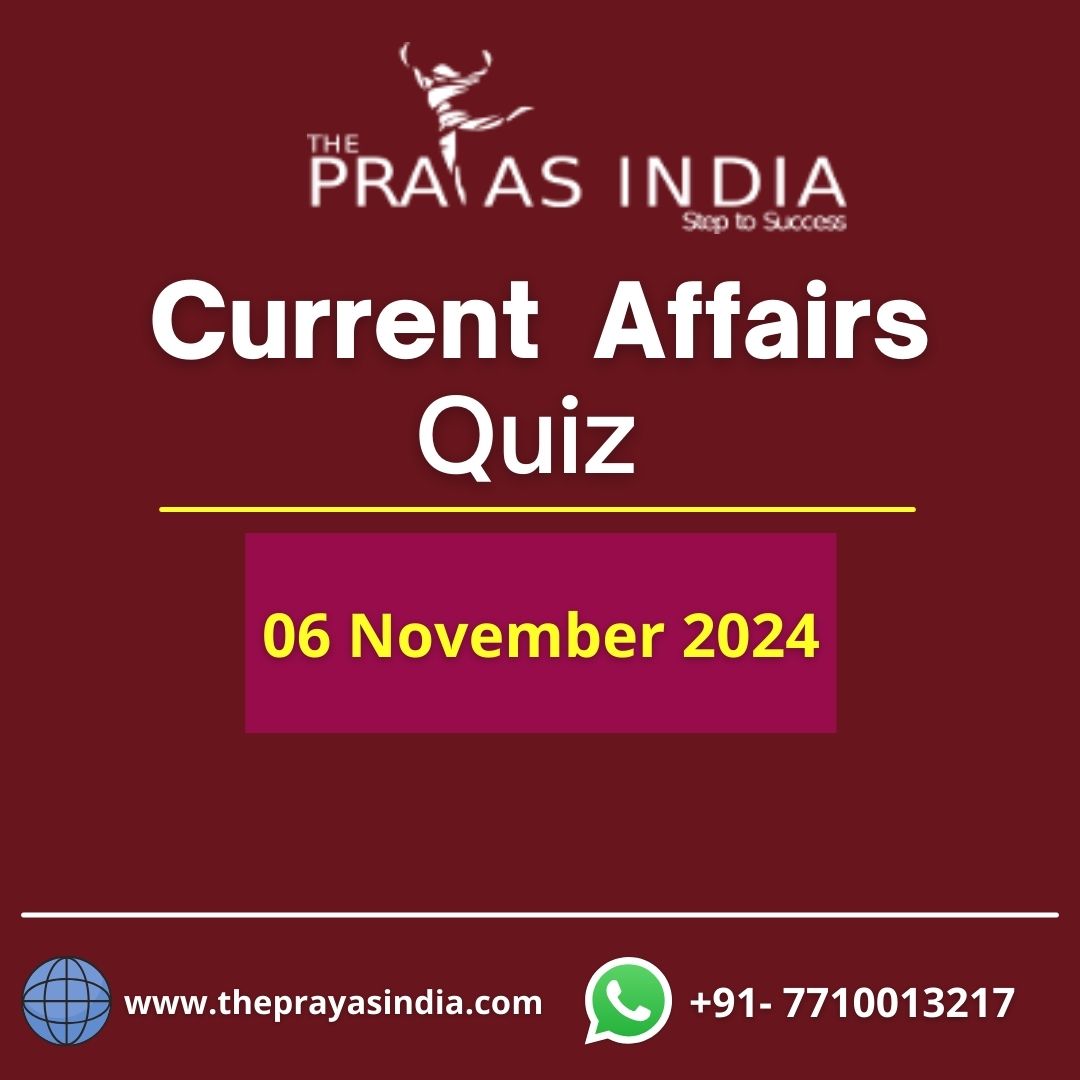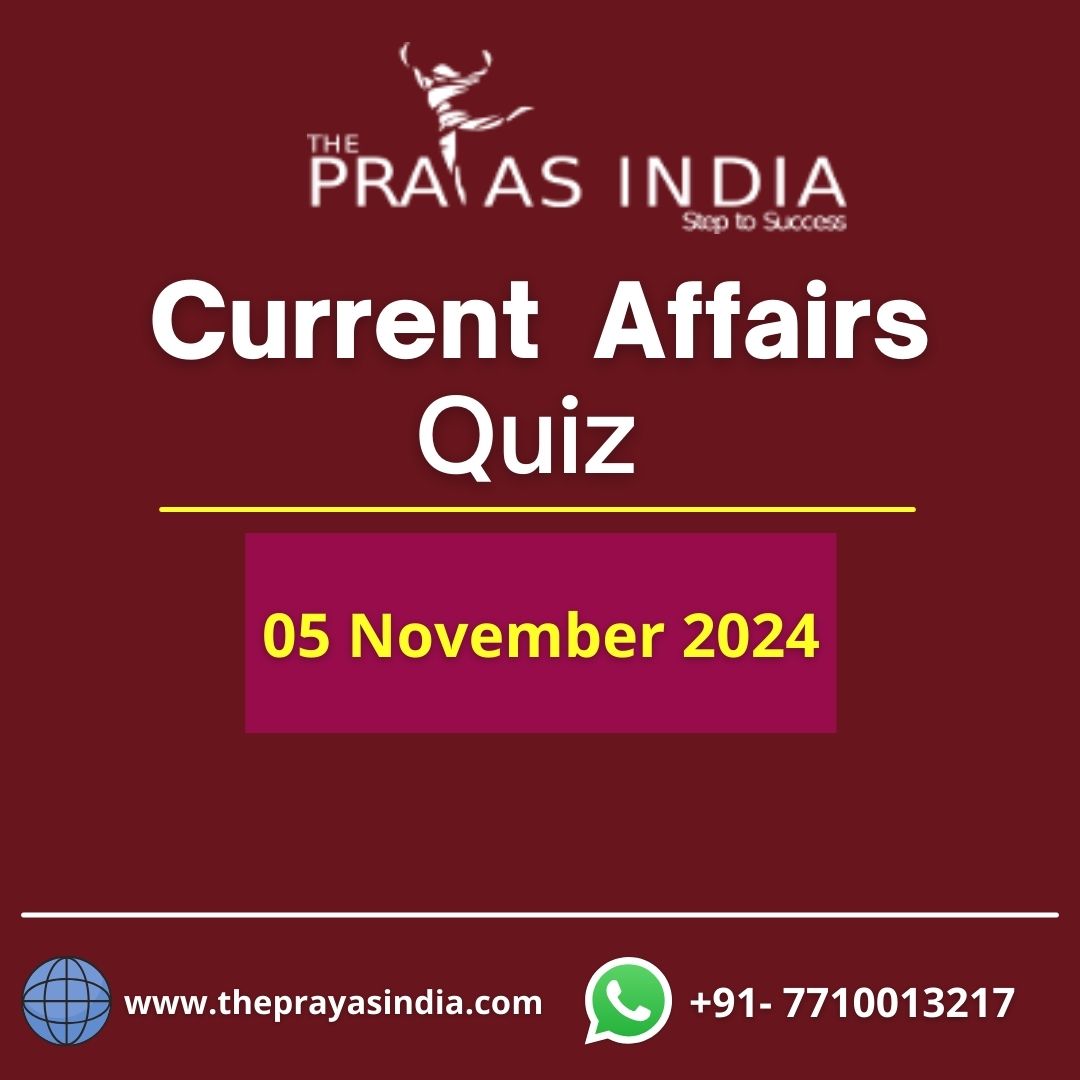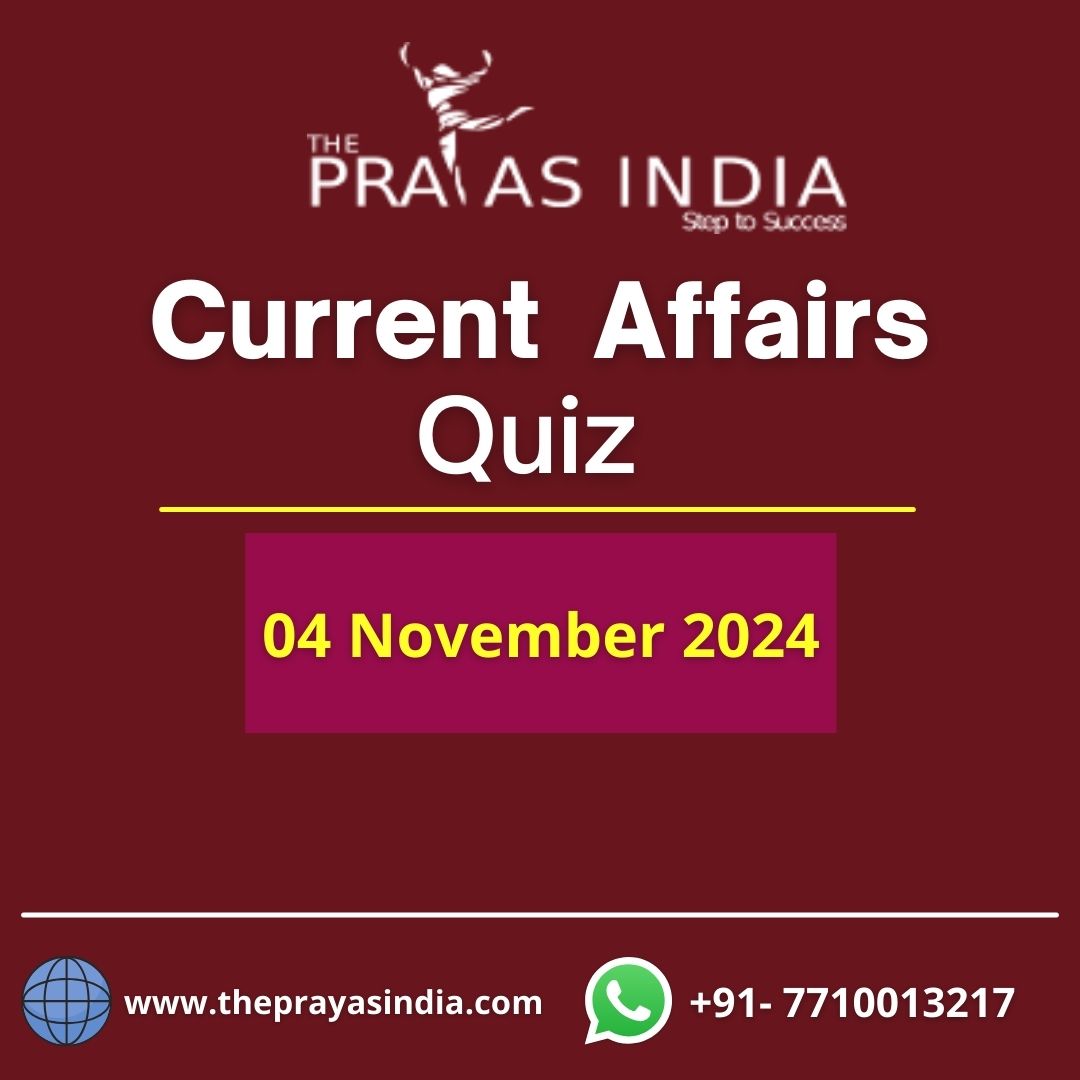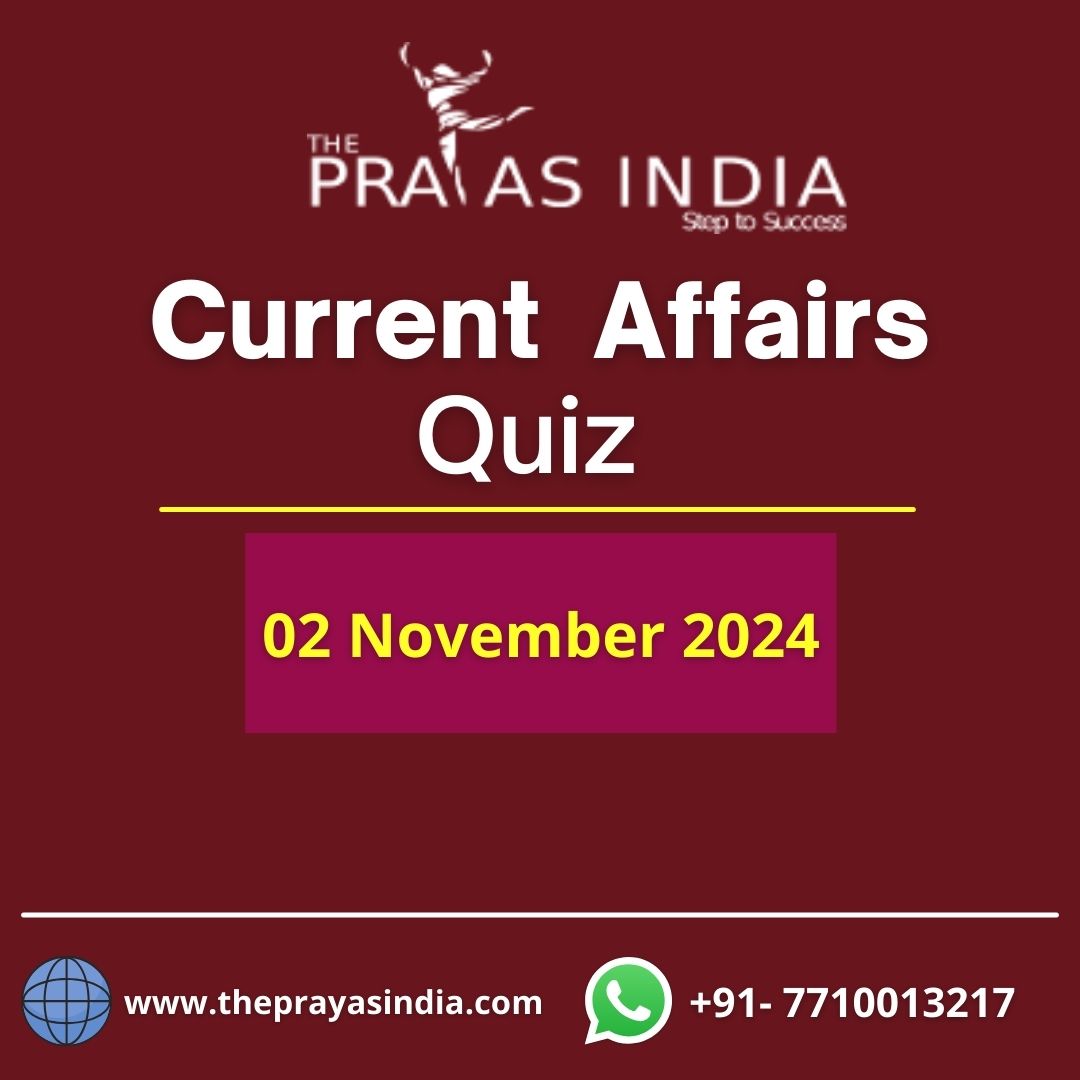Q1. What is a “Double Taxation Avoidance Agreement” (DTAA)?
(a) An agreement between two countries to double the taxation on international trade.
(b) An agreement between two countries to eliminate all forms of taxation for multinational corporations.
(c) An agreement between two countries to avoid taxation on the same income in both countries.
(d) An agreement between two countries to increase taxes on foreign investments.
Ans: (c)
Explanation:
- A Double Taxation Avoidance Agreement (DTAA) is a bilateral tax treaty between two countries designed to prevent double taxation of the same income. It does so by allocating taxing rights on various types of income (such as dividends, interest, and capital gains) between the two countries, and it often provides mechanisms to grant tax credits or exemptions to taxpayers to avoid paying tax on the same income in both countries.
Q2. ‘Project Udbhav’ was mentioned in the news sometimes, is associated with:
(a) Defense sector
(b) Agriculture sector
(c) Oil and gas sector
(d) Manufacturing sector
Ans: (a)
Explanation:
- Context: ‘Project Udbhav’ has been launched by the Indian Defence Minister, aiming to integrate ancient Indian strategic wisdom into modern military pedagogy.
- The project, in collaboration with the United Service Institution of India (USI), seeks to create an indigenous strategic vocabulary based on India’s philosophy and culture.
Q3. Consider the following statements about ‘Operation Chakra-II’:
- It was conducted by the Enforcement Directorate.
- It was launched to fight against organized cyber-enabled financial crimes in India.
Which of the statements given above is/are correct?
(a) 1 only
(b) 2 only
(c) Both 1 and 2
(d) Neither 1 nor 2
Ans: (b)
Explanation:
- Context: The Central Bureau of Investigation (CBI) carried out a widespread crackdown on cyber criminals in India in an operation known as ‘Operation Chakra-2.’
- This operation involved searches at 76 locations across the country and was prompted by the registration of five separate cases of cyber-enabled financial fraud, including a ₹100-crore cryptocurrency scam.
- The fraud scheme posed as a fake crypto mining operation and targeted unsuspecting Indian citizens. The cases were registered based on information provided by the Financial Intelligence Unit (FIU).
- The agency is collaborating with various international law enforcement agencies, including the FBI, INTERPOL, and others, to follow up on leads.
- ‘Operation Chakra-1’ was conducted nearly a year ago in collaboration with Interpol, the FBI, and police forces from various countries, involving searches at 115 locations.
Q4. In which of the following states is ‘Lemru Elephant Reserve’ located?
(a) Assam
(b) Nagaland
(c) Jharkhand
(d) Chhattisgarh
Ans: (d)
Explanation:
- The Lemru Elephant Reserve (Hasdeo Aranya forests) in the Korba district of Chhattisgarh, aims to reduce human-elephant conflicts as elephants migrate from Odisha and Jharkhand. This biodiverse area, often called the lungs of Chhattisgarh, also contains significant coal deposits.
- The state government notified the reserve (Conservation Reserve) in October 2020 under Section 36A of the Wild Life (Protection) Act, 1972(WLPA).
- In India, elephant reserves and corridors have no legal sanctity under any law, including the Wildlife Protection Act (WLPA), 1972. The act mentions only national parks, wildlife sanctuaries, conservation and community reserves (collectively called Protected Areas)
Q5. In India, elephant reserves and corridors have legal sanctity under the:
(a) Wild Life (Protection) Act, 1972
(b) Forest Conservation Act, 1980
(c) Environment Protection Act, 1986
(d) None of the above
Ans: (d)
Explanation:
- In India, elephant reserves and corridors have no legal sanctity under any law, including the Wildlife Protection Act (WLPA), 1972. The act mentions only national parks, wildlife sanctuaries, conservation and community reserves (collectively called Protected Areas)




